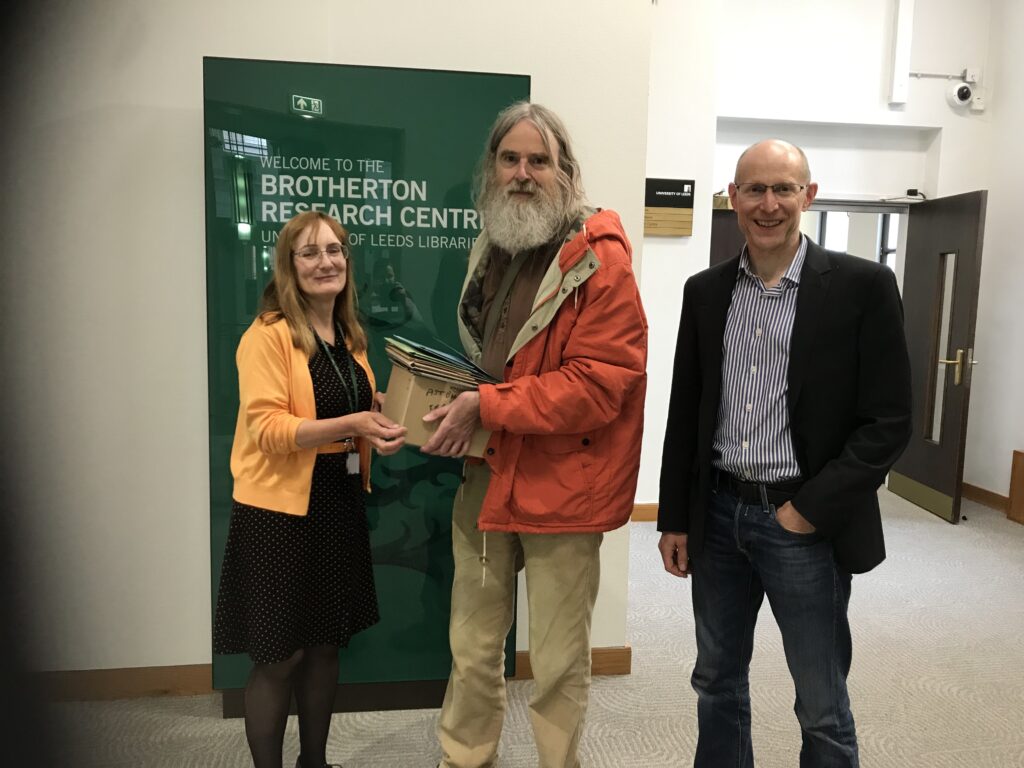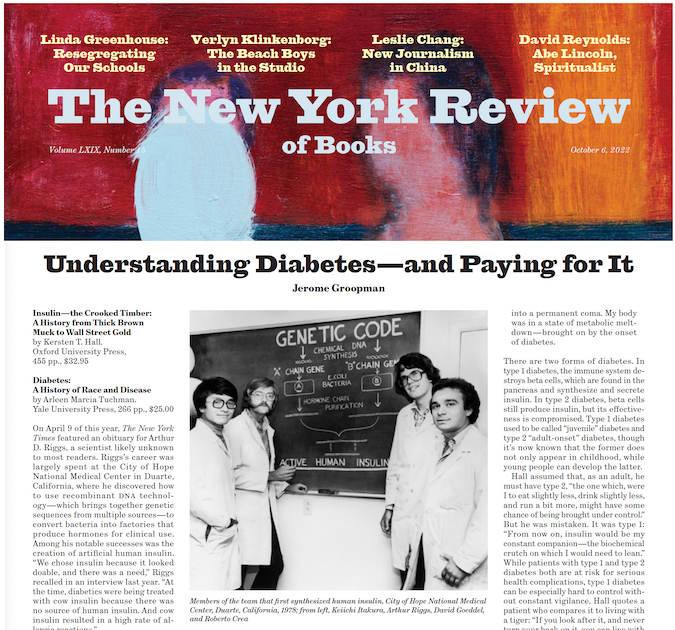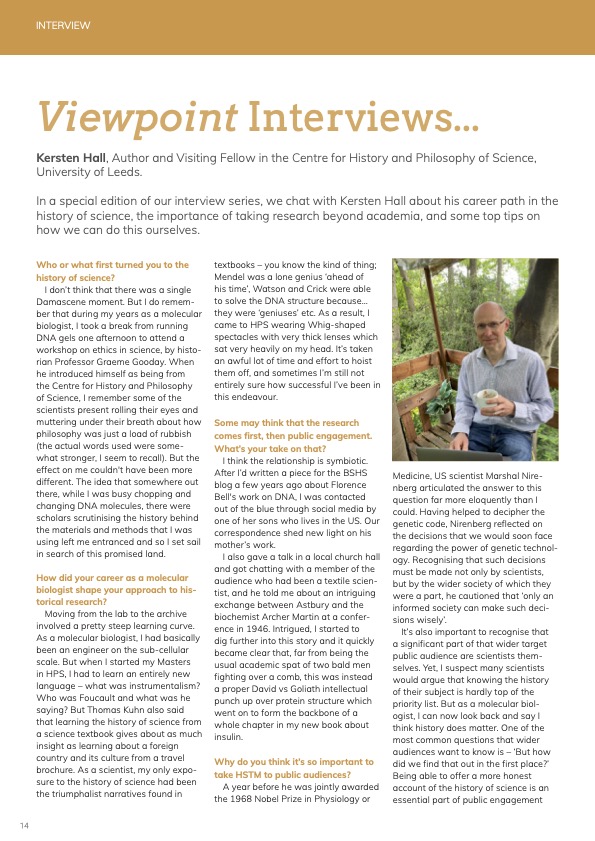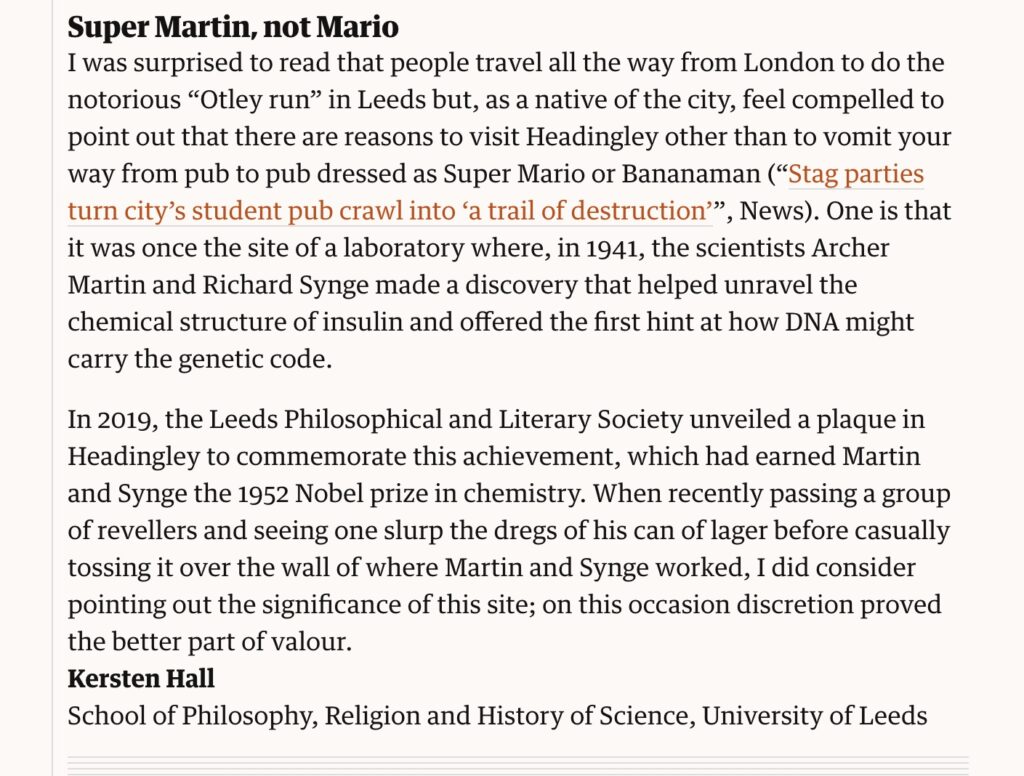Big thanks to Mr Bill Astbury for his kind donation to Karen Sayers of Special Collections, Brotherton Library, University of Leeds of some new documents and letters from his grandfather, the scientist William Astbury. Bill first found these whilst clearing his own late father’s house and kindly shared them with me when I was researching my 2014 book about Astbury, ‘The Man in the Monkeynut coat’. The material includes Astbury’s birth & death certificate, letters with his family in which he talks about his failing health and a correspondence with some American colleagues about a proposed lecture tour to the USA a year before his death – but, far from being just a dull and turgid exchange between academics about dates and venues, these particular letters offer a powerful insight into the ugly politics of racial segregation in the US at that time. With this material & a revised edition of ‘Monkeynut Coat’ just out in paperback, the story of this scientific pioneer just keeps evolving…



